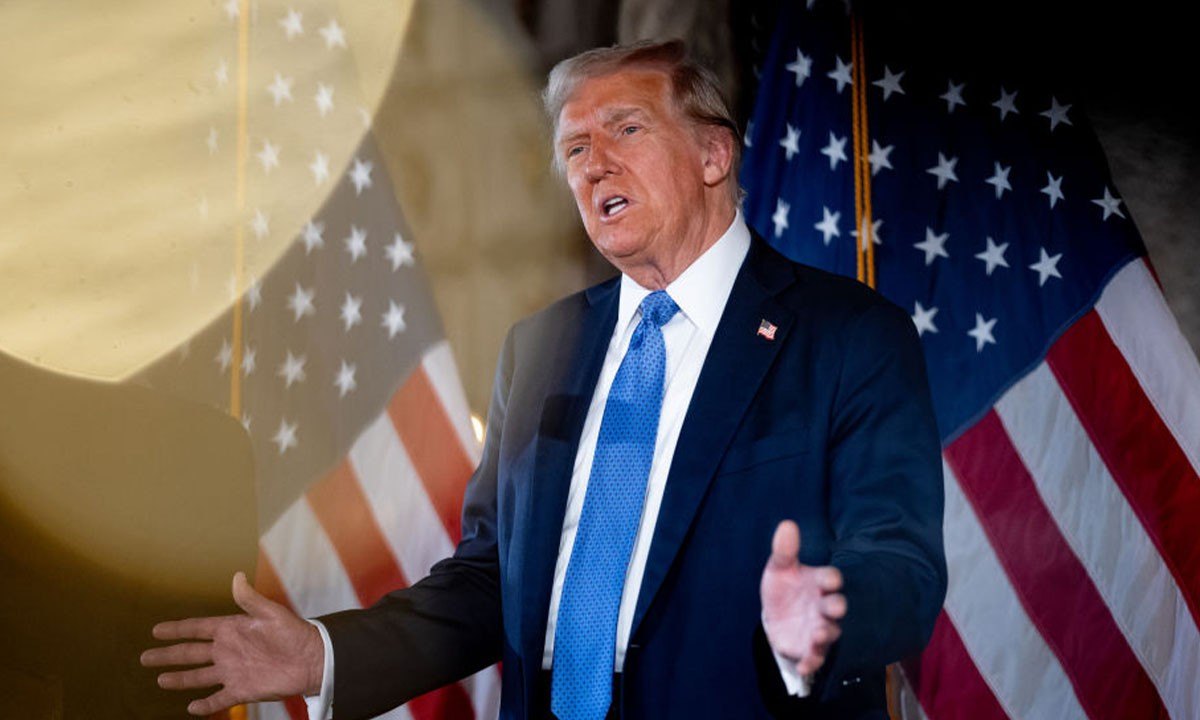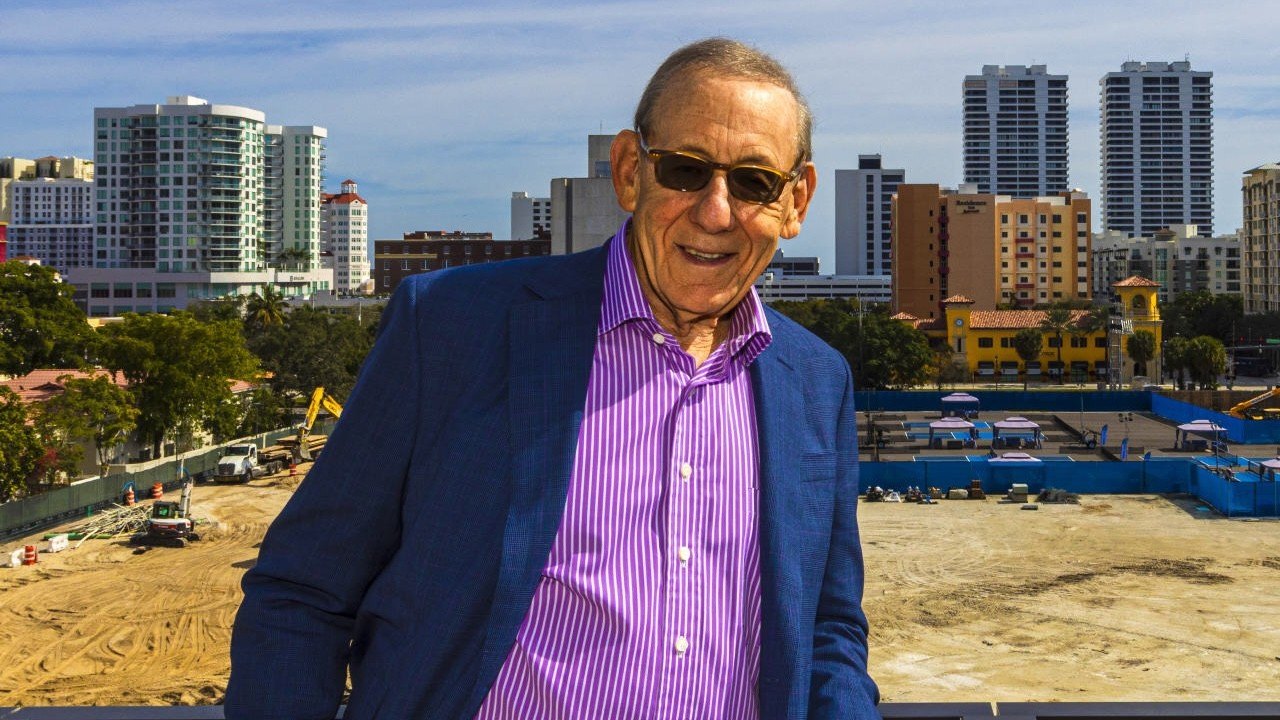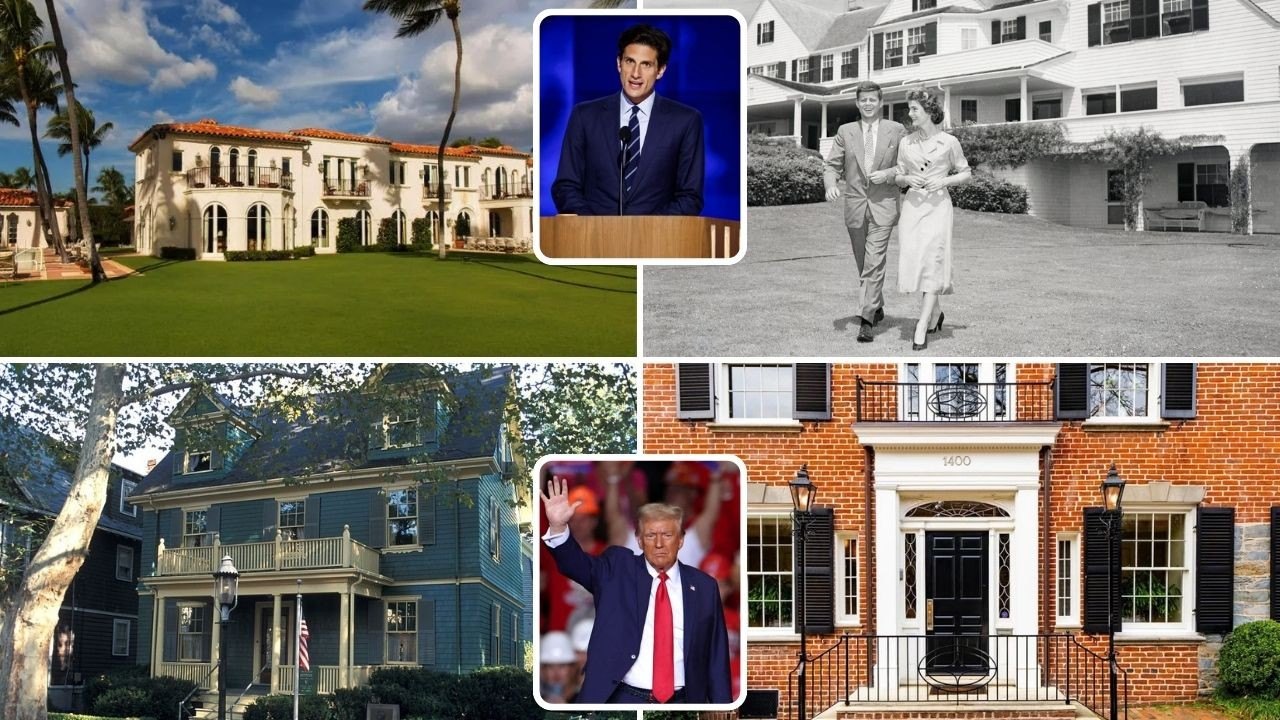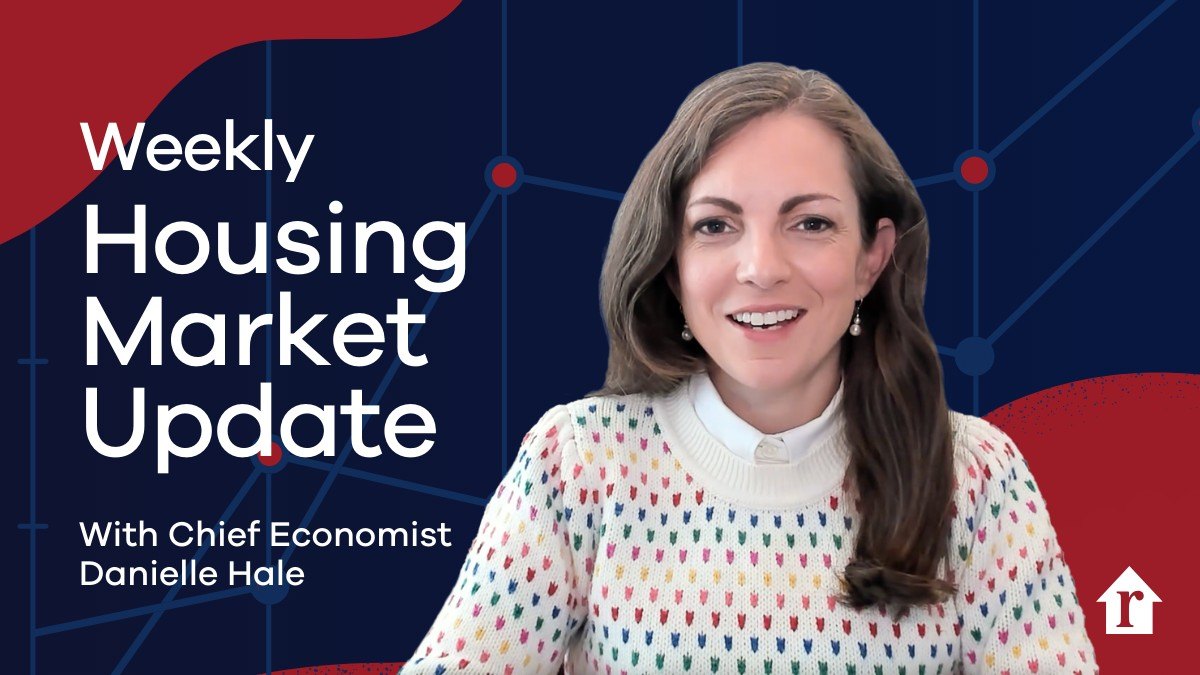Donald Trump Could Privatize Fannie Mae and Freddie Mac: What It Means for Your Mortgage

Andrew Harnik/Getty Images
Fannie Mae and Freddie Mac, the government-backed mortgage giants, could be headed for privatization under Donald Trump‘s second term, a move experts say might drive mortgage rates higher in a housing market already plagued by affordability challenges.
Trump tried unsuccessfully to privatize Fannie and Freddie during his first White House term, and in recent weeks, some of his top allies have called on him to renew the push after his inauguration later this month.
Billionaire investor and Trump supporter Bill Ackman, who owns shares of Fannie and Freddie, has led the charge, clamoring on social media for the incoming administration to oversee their swift exit from government conservatorship.
“Trump likes big deals and this would be the biggest deal in history. I am confident he will get it done,” Ackman wrote in a post on X. He claimed that a successful emergence of Fannie and Freddie from conservatorship would generate more than $300 billion of additional profits to the federal government, while removing some $8 trillion in liabilities from the government’s balance sheet.
Privatization would be a major milestone for Fannie and Freddie, which were created by Congress to bring liquidity to the secondary mortgage market, ensuring a ready supply of loans for homebuyers.
Threatened with collapse in the 2008 financial crisis, the two entities were bailed out with taxpayer funds in return for preferred shares held by the Treasury, which have paid out more than $300 billion in dividends over the years, surpassing the government’s outlays for the bailout to date.
Why privatization could lead to higher mortgage rates
For Ackman and other private shareholders of Fannie and Freddie, which trade as over-the-counter stocks, privatization could mean an enormous windfall. After Trump’s election, shares of the two entities more than doubled, and then took another leg sharply higher after Ackman expressed his confidence that Trump would put an end to conservatorship.
But for homebuyers, the benefits of privatization are less clear, says Realtor.com® Chief Economist Danielle Hale, who predicts ending the conservatorship would put upward pressure on mortgage rates.
“Mortgage rates would likely move higher, because right now, under conservatorship, there is a government guarantee that if Fannie and Freddie were to get into any trouble, they would be bailed out by the government, and thus investors would be bailed out,” she says. “Which means consumers currently get lower mortgage rates, because investors are willing to lend without demanding as much of a risk premium.”
Mortgage rates, which were near record lows at 2.8% when Trump left office during the COVID-19 pandemic in 2021, are now close to 7%. Persistently high rates are a major pain point for homebuyers, contributing to the nation’s worst home affordability picture in some 40 years.
On the campaign trail, Trump promised to bring mortgage rates back down to 3% or lower, although presidents typically have no direct control over mortgage rates.
If anything, Hale says privatizing Fannie and Freddie would be a step in the opposite direction, and likely to send mortgage rates higher than they would be otherwise.
“Will this get to the end result of a 3% mortgage rate? I don’t think so,” she says of privatization.
Other potential risks of privatization
Ken Johnson, a housing economist and the Christie Kirkland Walker Chair of Real Estate at the University of Mississippi, tells Realtor.com® that he agrees privatization could lead to higher rates, all else being equal.
He also expresses concerns that ending government conservatorship could lead to the small, but non-zero, risk of a repeat of conditions that led to the 2008 financial crisis.
“I don’t see the big public gain by taking them out of receivership at this point, because there are risks involved once they go out of receivership,” says Johnson. “We could see mismanagement of loans, we could see massive foreclosures. The likelihood of all that is small, but it would be a risk.”
Under conservatorship, Fannie and Freddie have operated under strict federal oversight, dictating the structure and underwriting standards for the mortgages that they are allowed to purchase and securitize.
Privatization could allow them to get more creative, and support mortgage structures that would make it easier for more people to buy a home. The downside of that scenario, warns Johnson, is that if standards become too loose, risky home loans could once again proliferate, teeing up a potential repeat of 2008.
“It’s like walking in a field with one land mine out there. You probably won’t step on it, but if you do, it would be catastrophic,” says Johnson. “They’re looking into the unknown to bring them out of receivership, but it’s been working pretty darn well. If they take that risk and bring them out of receivership, it’s not really clear how much gain they get.”
Why Fannie and Freddie could remain in conservatorship
A spokesperson for the Trump transition team did not immediately respond to a request for comment on his views toward privatizing Fannie Mae and Freddie Mac.
But last week, the U.S. Treasury Department and the Federal Housing Finance Agency released new guidelines that offer a roadmap for Fannie and Freddie to exit government conservatorship, which they have operated under since the 2008 financial crisis.
The move was widely viewed as an attempt by the Biden administration to put guardrails on the exit process if and when Trump presses forward with privatization of the two government-sponsored entities (GSEs).
However, many housing experts have expressed skepticism that Trump will ultimately back an end to conservatorship, arguing that the benefits to consumers and the government are unclear.
“Even if Trump 2.0 is able to end conservatorship, it’s hard to see how GSE privatization would lead to lower mortgage rates that benefit the consumer,” wrote Kunal Patel and Alex Shvartser of DoubleLine, the asset management firm founded by mortgage-backed securities investor Jeff Gundlach.
“Further, privatization could carry significant execution risks and could adversely affect the secondary mortgage market, which could drive primary mortgage rates much higher,” the DoubleLine report added. “Thus, the risk-reward balance is certainly a tenuous one.”
Johnson predicts that, after studying the issue, the new administration will likely delay privatizing the GSEs, at least until mortgage rates fall back from their current painful levels.
“Everybody’s just going to kick the can down the road, because this is a Washington decision, and it’s probably wise to kick this can down the road a little bit more,” he says. “If you’re going to take them out of receivership, they’ll do it when the rates are down around 4%, plus or minus.”
Categories
Recent Posts










